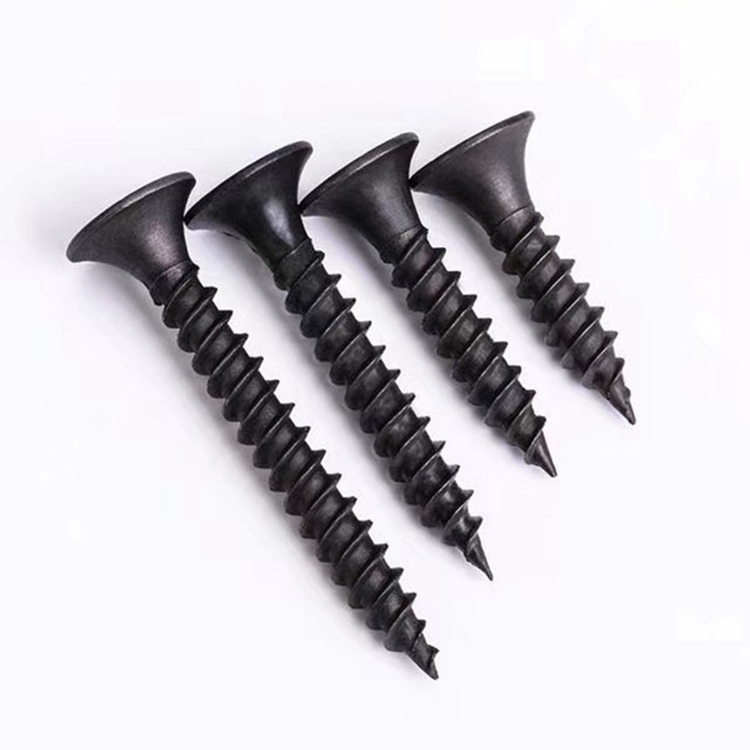High-Quality B7N Stud Bolt Exporters - Reliable Fasteners for Your Needs
Sep . 02, 2024 11:37 Back to list
High-Quality B7N Stud Bolt Exporters - Reliable Fasteners for Your Needs
Understanding B7N Stud Bolt Exporters
In the world of industrial fasteners, B7N stud bolts hold a prominent position due to their unique properties and applications. Designed primarily for high-temperature and high-pressure environments, these bolts are integral to many sectors including oil and gas, power generation, and chemical processing. As global demand continues to rise, the role of B7N stud bolt exporters becomes increasingly significant.
What are B7N Stud Bolts?
B7N stud bolts are made from a specific grade of alloy steel, which is essential for ensuring their robustness and longevity. The B7 designation refers to a specific grade defined by the American Society for Testing and Materials (ASTM), while the N stands for normalized, indicating that these bolts have undergone a heat treatment process that enhances their mechanical properties. This treatment results in increased tensile strength, making them suitable for critical applications where reliability is paramount.
Global Demand and Export Trends
The market for B7N stud bolts is driven by various factors, including the expansion of infrastructure, growing energy needs, and the increasing use of advanced materials in manufacturing. Countries rich in natural resources, such as the United States and various nations in the Middle East, are among the largest consumers of these bolts. Consequently, the demand for exporters specializing in B7N stud bolts has surged.
b7n stud bolt exporters

Exporters play a crucial role in ensuring that these fasteners meet international standards. They work closely with manufacturers to maintain quality assurance, ensuring that each bolt adheres to the required specifications. This involves rigorous testing and certification processes, enabling exporters to provide clients with reliable, high-performance products.
Selecting a B7N Stud Bolt Exporter
When companies seek to purchase B7N stud bolts, they should consider several key factors in selecting an exporter. Quality certification is paramount; reputable exporters should have ISO certifications and comply with ASTM standards. Additionally, the exporter’s supply chain capabilities are crucial. A well-organized supply chain ensures timely delivery, which is vital for project timelines in sectors where mechanical failures can lead to costly downtime.
Another factor to consider is the exporter’s experience and market reputation. Established exporters typically have a wealth of knowledge regarding different applications of B7N stud bolts and can provide valuable technical support to clients. Furthermore, they are more likely to have established relationships with manufacturers, allowing them to procure high-quality products at competitive prices.
Conclusion
The global market for B7N stud bolts is robust and continues to grow as industrial sectors evolve and expand. Exporters play an essential role in bridging the gap between manufacturers and end-users, ensuring that these critical components are readily available and meet stringent quality standards. For anyone involved in purchasing or utilizing stud bolts, working with a qualified and experienced exporter is key to ensuring the integrity and success of their operations. As industries advance, the importance of B7N stud bolt exporters will undoubtedly increase, contributing to the overall safety and efficiency of industrial applications worldwide.
Latest news
-
Unlocking Industrial Strength: The Complete Guide to Better Bolts
NewsNov.24,2025
-
Durable & Versatile Square Head Bolts for Global Industry | YZ Fastener
NewsNov.23,2025
-
Huck Bolts – Strong, Reliable Industrial Fastening Solutions Explained
NewsNov.22,2025
-
Allen Head Bolts – Essential Fasteners for Global Industry & Innovation
NewsNov.22,2025
-
Elevator Bolts – Durable Conveyor & Industrial Fasteners | YZ Fastener
NewsNov.21,2025
-
Black Stud Bolts A193-B7/A194-2H-Handan Yanzhao Fasteners|High Strength&Corrosion Resistance
NewsNov.21,2025
